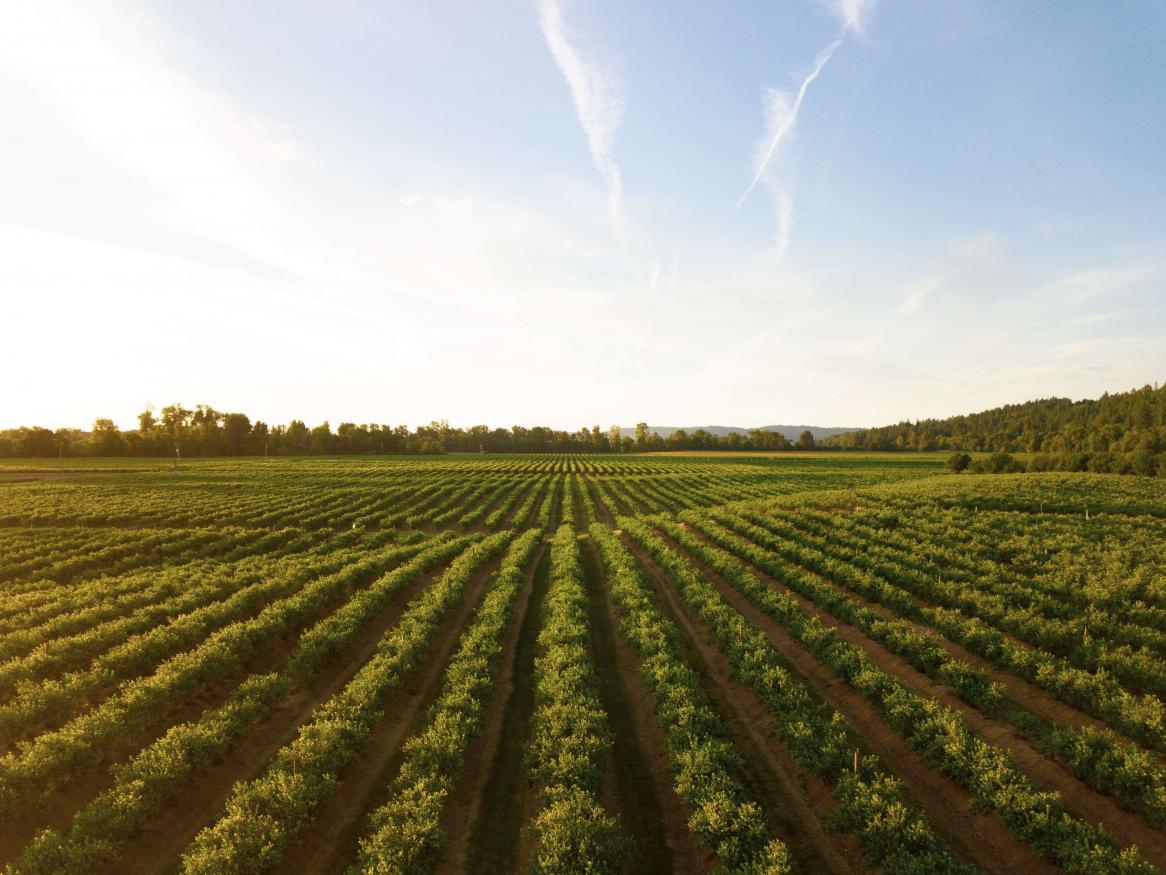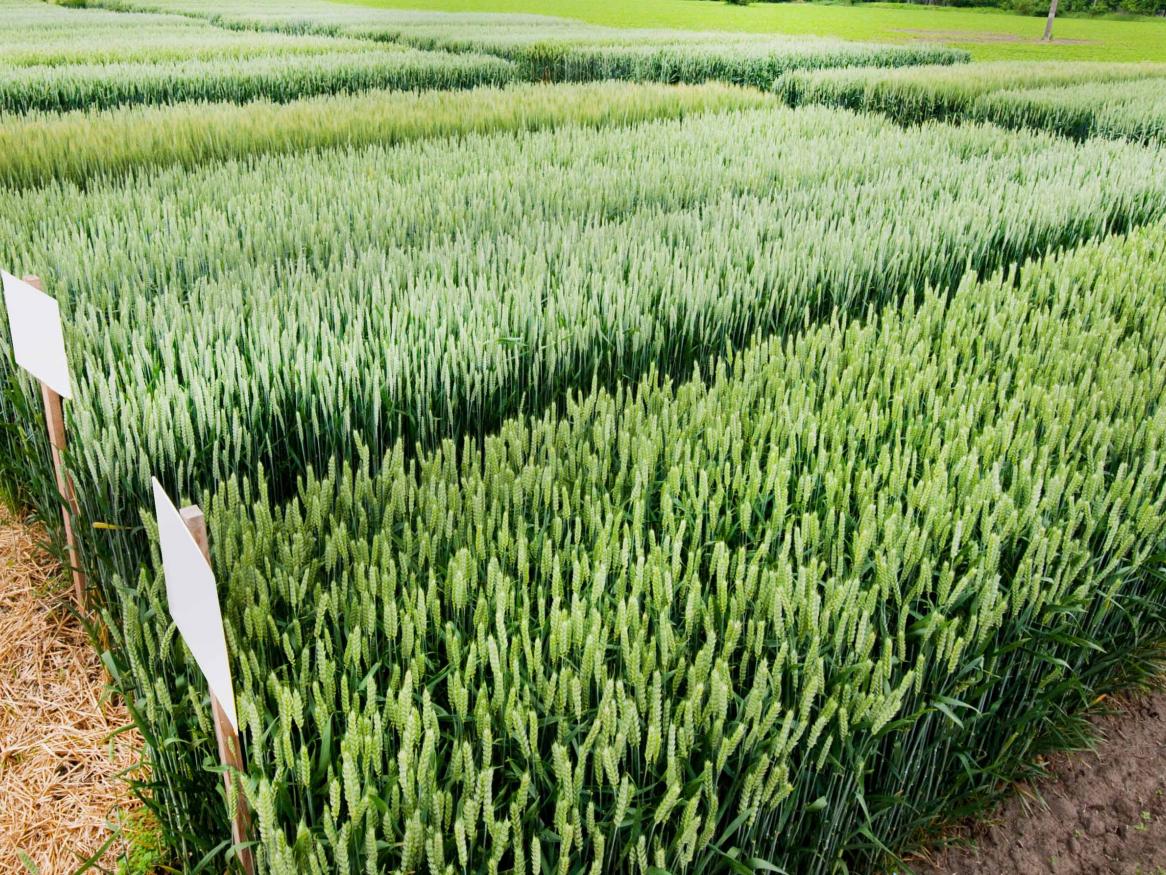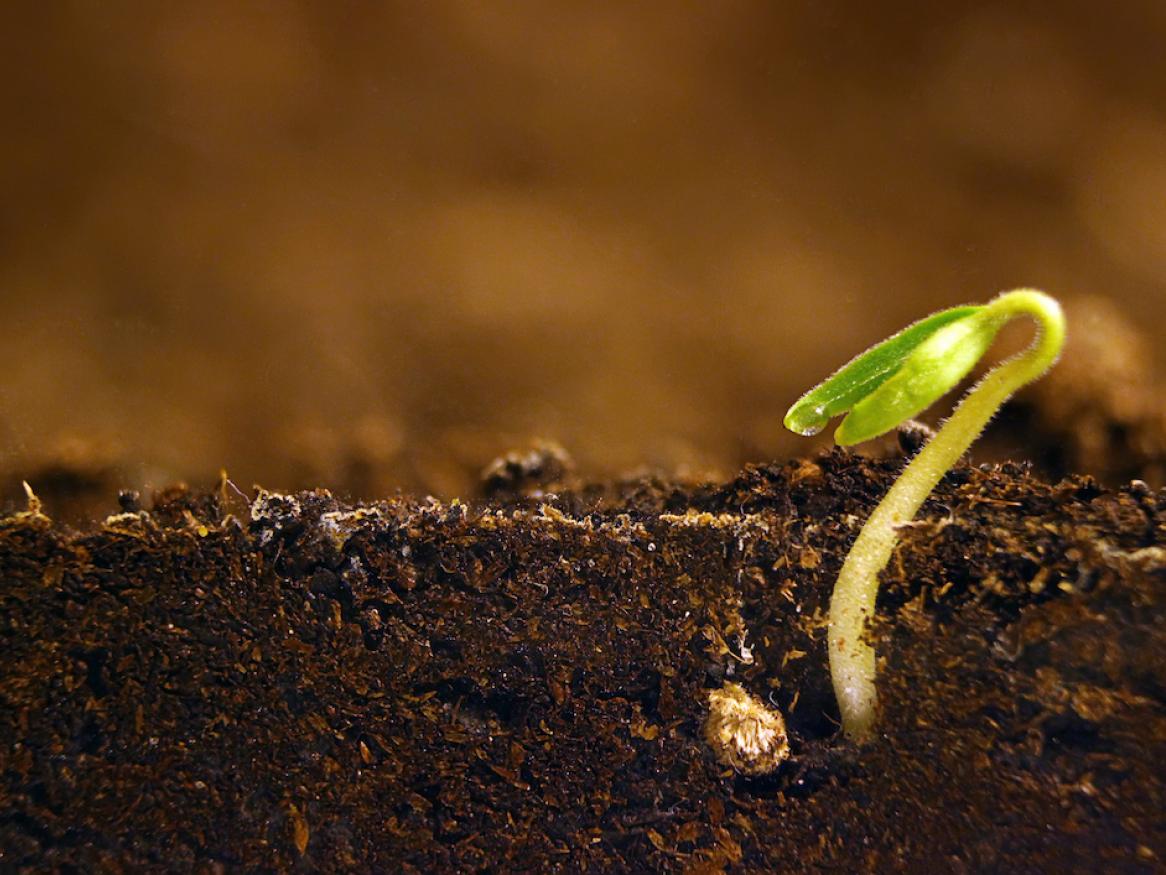Agriculture, Food & Wine
Our agricultural, food and wine producers face a complex task: satisfying and sustaining a growing population, in an increasingly harsh natural environment and fiercely competitive global marketplace. Our research is revealing better ways.
We’re home to the southern hemisphere’s largest cluster of agricultural research expertise. We’re committed to helping the world feed 9 billion people by 2050. And we’re finding effective new ways for producers to cope with climate change, rising energy costs, environmental degradation and more.
Impact stories
New Weapons in the Battle Against Herbicide-Resistant Weeds
The Soares da Costa team from the University of Adelaide’s Waite Research Institute has developed new herbicidal compounds that will stop resistant weeds in their tracks.
Read more about New Weapons in the Battle Against Herbicide-Resistant WeedsAssembling haplotypes faster than ever with HaploMaker
A team from the Biometry Hub at the University of Adelaide has developed an improved algorithm for haplotype assembly that could help researchers more accurately track plant genetic variation.
Read more about Assembling haplotypes faster than ever with HaploMakerStress less! Targeting the plant cargo hub to help them deal with environmental stress
Just like an international port in a big city, every individual plant cell contains its own cargo hub that responds to their import and export needs.
Read more about Stress less! Targeting the plant cargo hub to help them deal with environmental stressInsects put to the taste test
University of Adelaide researchers are creating a new tool that will help people understand what it’s like to eat one of the most sustainable and protein-rich food sources on the planet: edible insects.
Read more about Insects put to the taste testMicroscopic camera is helping us see new opportunities for the meat industry
Australia’s position as the world’s largest exporter of lamb and mutton is under threat from other international suppliers – China has three times our production capacity and our neighbours in New Zealand have high-quality produce, threatening our current position.
Read more about Microscopic camera is helping us see new opportunities for the meat industryCleaning up the farm
The Discovery Pod | Season 2, Episode 4
Australia’s farmers are increasingly turning to transient migrant labour to keep their properties running.
What people’s beef is with gene editing?
Gene editing in the beef industry could provide significant new strategies for producing far superior livestock. It could be used to produce cattle that are heathier, more environmentally resilient and allow for higher levels of animal welfare by eliminating the need for painful common procedures.
Read more about What people’s beef is with gene editing?Who to contact
Professor Matthew Gilliham is the lead academic coordinator for the Agrifood and Wine Industry Engagement Priority. As leader of this Industry Engagement Priority area for the University, Professor Gilliham’s role is to stimulate and support new research initiatives across the spectrum of agricultural research, from policy and economics to animal, soil and crop sciences.
Start your career
Be better prepared for a career in the agriculture, food or wine industries with a quality bachelor degree.
Progress your career
Advance your agriculture, food or wine industry career with a world-class postgraduate qualification.










